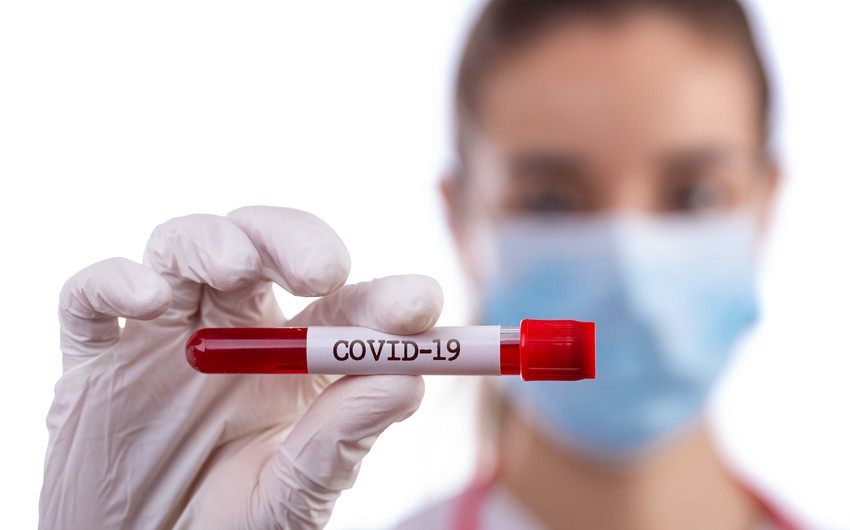A new study published in the journal Stem Cell Reports by University of Alberta researchers sheds light on why many COVID-19 patients, even those not in hospital, are suffering from hypoxia, informs, citing .
Hypoxia is a potentially dangerous condition in which there is decreased oxygenation in the body's tissues. The study also shows why the anti-inflammatory drug dexamethasone has been an effective treatment for those with the virus.
"Low blood-oxygen levels have been a significant problem in COVID-19 patients," said study lead Shokrollah Elahi, associate professor in the Faculty of Medicine & Dentistry. "Because of that, we thought one potential mechanism might be that COVID-19 impacts red blood cell production."
In the study, Elahi and his team examined the blood of 128 patients with COVID-19. The patients included those who were critically ill and admitted to the ICU, those who had moderate symptoms and were admitted to hospital, and those who had a mild version of the disease and only spent a few hours in hospital. As the disease became more severe, the researchers found that more immature red blood cells flooded into blood circulation, sometimes making up as much as 60 percent of the total cells in the blood. By comparison, immature red blood cells make up less than one percent, or none at all, in a healthy individual's blood.
"Immature red blood cells reside in the bone marrow, and we do not normally see them in blood circulation," Elahi explained. "This indicates that the virus is impacting the source of these cells. As a result, and to compensate for the depletion of healthy immature red blood cells, the body is producing significantly more of them in order to provide enough oxygen for the body."
The problem is that immature red blood cells do not transport oxygen - only mature red blood cells do. The second issue is that immature red blood cells are highly susceptible to COVID-19 infection. As immature red blood cells are attacked and destroyed by the virus, the body is unable to replace mature red blood cells, which only live for about 120 days, and the ability to transport oxygen in the bloodstream is diminished.
"These findings are exciting but also show two significant consequences," Elahi said. "First, immature red blood cells are the cells being infected by the virus, and when the virus kills them, it forces the body to try to meet the oxygen supply requirements by pumping more immature red blood cells out of the bone marrow. But that just creates more targets for the virus.
"Second, immature red blood cells are actually potent immunosuppressive cells; they suppress antibody production, and they suppress T-cell immunity against the virus, making the entire situation worse. So in this study, we have demonstrated that more immature red blood cells means a weaker immune response against the virus."
Following the discovery that immature red blood cells have receptors that allow them to become infected by the coronavirus, Elahi's team then began testing various drugs to see whether they could reduce immature red blood cells' susceptibility to the virus.


 https://static.report.az/photo/50b7353b-14e9-3fbc-9fe8-202f0f3faa3b.jpg
https://static.report.az/photo/50b7353b-14e9-3fbc-9fe8-202f0f3faa3b.jpg

